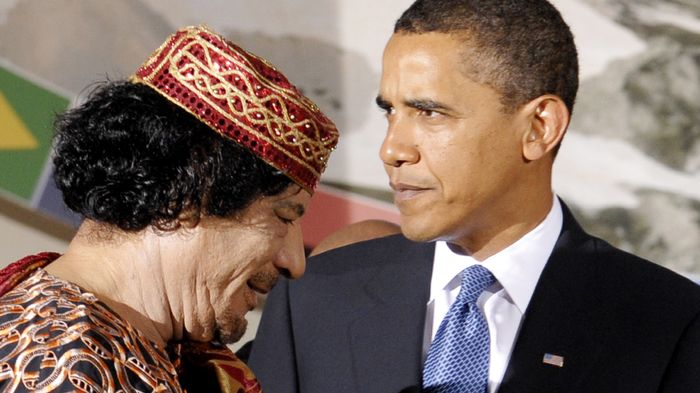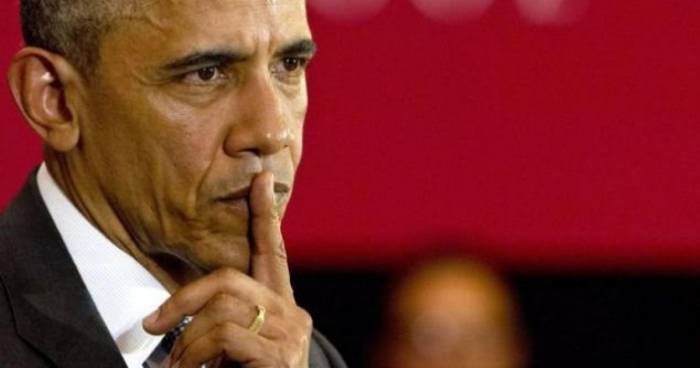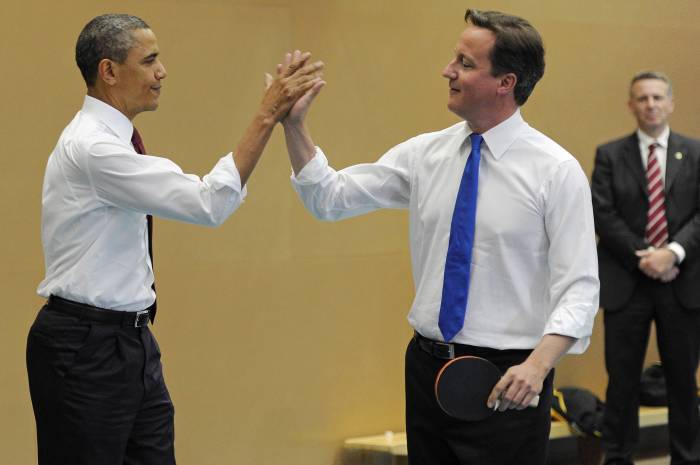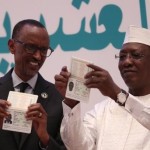
source
As President Obama’s final term is coming to an end, he has the chance to look back on his time in office. Hindsight is 20/20, after all. He has realized that his best accomplishment in the White House was “saving the economy from a great depression” after the financial crisis in 2008. Obama has also realized what the worst mistake of his presidency was: the 2011 U.S. intervention in Libya. The U.S. overthrew the Libyan dictator, Muammar Qaddafi, to stop him from slaughtering the people of Benghazi and set up a new, preferably democratic system. “It didn’t work,” the president simply said.
The U.S. plan of action
Obama explained that at the time, it seemed like an intervention was necessary. He still does believe it was the right thing to do.
“The social order in Libya has broken down. You have massive protests against Qaddafi. You’ve got tribal divisions inside of Libya. Benghazi is a focal point for the opposition regime. And Qaddafi is marching his army toward Benghazi, and he has said, ‘We will kill them like rats,’” the president recalled.
He believed that the U.S. planned out their plan of action well.
“So we actually executed this plan as well as I could have expected: we got a UN mandate, we built a coalition, it cost us $1 billion—which, when it comes to military operations, is very cheap. We averted large-scale civilian casualties, we prevented what almost surely would have been a prolonged and bloody civil conflict,” he said. “And despite all that, Libya is a mess.”

Where he thinks things went wrong
Obama thought back to where everything went wrong, and he put a lot of the blame on the European governments for not following up. “I had more faith in the Europeans, given Libya’s proximity, being invested in the follow-up,” he said. Nicolas Sarkozy, the French president at the time, lost his job the following year. Obama also accused the British Prime Minister David Cameron of not paying attention and becoming “distracted by a range of other things.” Another issue was the lack of understanding the internal dynamic in Libya.
“The degree of tribal division in Libya was greater than our analysts had expected. And our ability to have any kind of structure there that we could interact with and start training and start providing resources broke down very quickly.” Ultimately, Libya taught him an important lesson – “There is no way we should commit to governing the Middle East and North Africa. That would be a basic, fundamental mistake.”

The UK and the US are still on good terms
After the president’s remarks about Prime Minister Cameron went public, National Security Council spokesman Ned Price assured that the alliance between the UK and the US is still on good terms.
“Prime Minister Cameron has been as close a partner as the president has had, and we deeply value the UK’s contributions on our shared national security and foreign policy objectives which reflect our special and essential relationship,” he said.

SEE ALSO: Here’s Why Barack Obama Will Be Missed At The White House.







